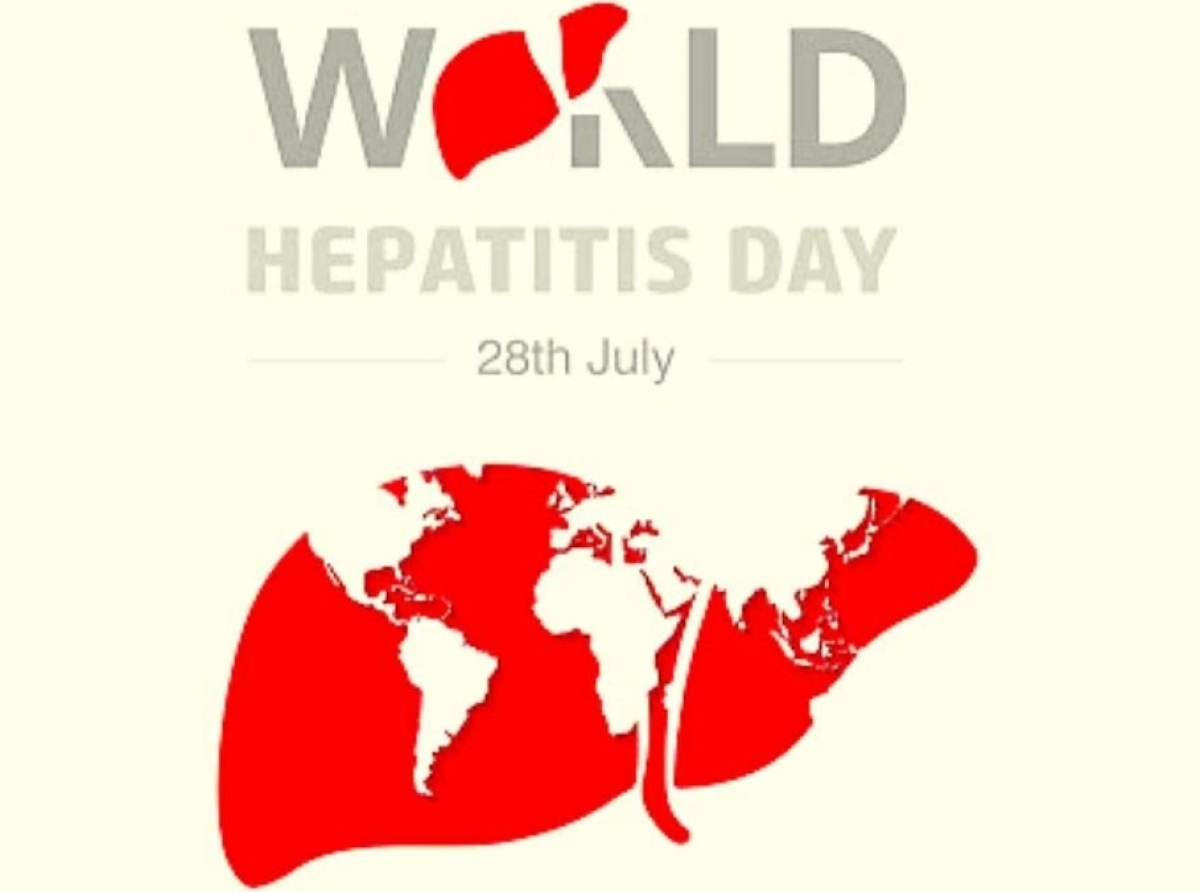The 2020 World Hepatitis Day is aimed at fighting viral hepatitis. Why is this important?
Hepatitis is a disease of the liver. There are many causes of this liver disease, including virus, drugs, toxins, alcohol and so on. But one of the most common and dangerous ones is that caused by the virus. Out of all the viruses, there are five major ones– hepatitis A, B, C, E and D– that cause liver disease.
Hepatitis B is very common in this part of the world, causing liver cancer and liver cirrhosis. But the virus can be prevented with a vaccine, which is why people that don’t have it can get vaccinated and be protected.
Unfortunately, many people that have it don’t know because it may not show symptoms at the beginning. However, those that test positive to the hepatitis B need to see the doctor and be treated when necessary to prevent the diseases that can arise as a result of it.
Which is deadlier, COVID-19 or hepatitis B virus?
It is hepatitis. COVID-19 cannot cause cancer. Of course, not everybody that develops symptoms of COVID-19 dies from it. Hepatitis B has been here for a long time but many people still don’t believe that the virus can kill. So the fact that it can cause ill health and liver cancer, including death from cancer, makes it more deadly than the COVID-19.
What are the peculiarities of the different types of hepatitis virus?
The major hepatitis virus –A, B, C, D and E –have some peculiarities in terms of how individuals can contract them. Hepatitis A and E are mainly contracted through fecal-oral means. Although hepatitis E can also be transmitted through blood, its transmission is mainly through the intake of contaminated food and water.
Hepatitis B and C are gotten from contaminated blood and blood products, sexual contact, use of contaminated sharp objects as well as from mother to child during childbirth.
Hepatitis D is a partial virus, in the sense that it cannot infect on its own; it needs Hepatitis B to infect a person. So, it is either superimposed or a co-infection. Hepatitis D is gotten the same way as hepatitis B.
Can eating out predispose individuals to contracting hepatitis B?
Yes, eating out can predispose individuals to contracting viral hepatitis B. The virus can be shed in the stool. A food vendor, for instance, can easily contaminate the food in the process of preparing or serving such a portion of food. So, any person that eats out may get the virus, A and E, which is contracted mainly through the intake of contaminated food and water.
Where is Nigeria in terms of testing and treatment for hepatitis? What are the changes that need to be made?
In terms of testing, we have many centres both in the public and private settings now that can test, so testing is okay. The challenge only comes in when the test result comes back negative and you need the vaccine or it comes back positive and requires treatment. It is not free and people have to pay for it. The government needs to subsidise or make its treatment free.
There are many people with undiagnosed hepatitis indulging in alcohol use in the community. Of what significance is this in stopping deaths and ill health from viral hepatitis?
Both hepatitis B and alcohol can damage the liver on their own. They can also cause liver cancer. So, if somebody has hepatitis B and is also drinking, then the person’s risk of developing liver cancer further goes higher. The synergist effect of hepatitis and alcohol use, which are risk factors for liver cancer, can make the person develop liver cancer rapidly.
Medically, individuals with hepatitis B are always advised to stop alcohol intake. At least, a reason for further liver damage by alcohol is avoided. So people should also desist from too much alcohol because it can damage the liver. Those that don’t even know their hepatitis B status and are still drinking alcohol may be risking their lives.
What is the prevalence of hepatitis in Nigeria?
Nigeria is in the category of countries highly endemic for hepatitis globally, having an average national prevalence of 11.2 per cent. But in some places, hepatitis prevalence is as high as 25 per cent.
In fact, most countries in Africa are classified as high endemic zone for hepatitis B. The implementation of testing, prevention and treatment of hepatitis in many African countries is poor.
Although hepatitis vaccination of newborns is now part of the National Immunisation Programme, not much is being done by African governments on other things that can contribute further to the reduction of hepatitis cases such as testing, vaccination and treatment for adults.
Second, many practices that encourage the transmission of hepatitis B like sharing of sharp objects, scarifications, reuse of needles and syringes, tattoos, local circumcision, use of unsterile equipment for surgeries and so on are still prevalent in Africa.
Are all cases of hepatitis curable?
Hepatitis B is not curable, but it is treatable. In a small percentage of people with hepatitis B, when you treat, they can become negative. But the majority will still remain positive but there is a parameter that you look at to say that this person, because he is on treatment is not likely to develop chronic liver disease or liver cancer. For hepatitis C, it is curable; there are drugs that we give that will cure HCV
- Dr Adegboyega Akere, is a consultant gastroenterologist at the University College Hospital, Ibadan
Interview by SADE OGUNTOLA
@ Nigerian Tribune




